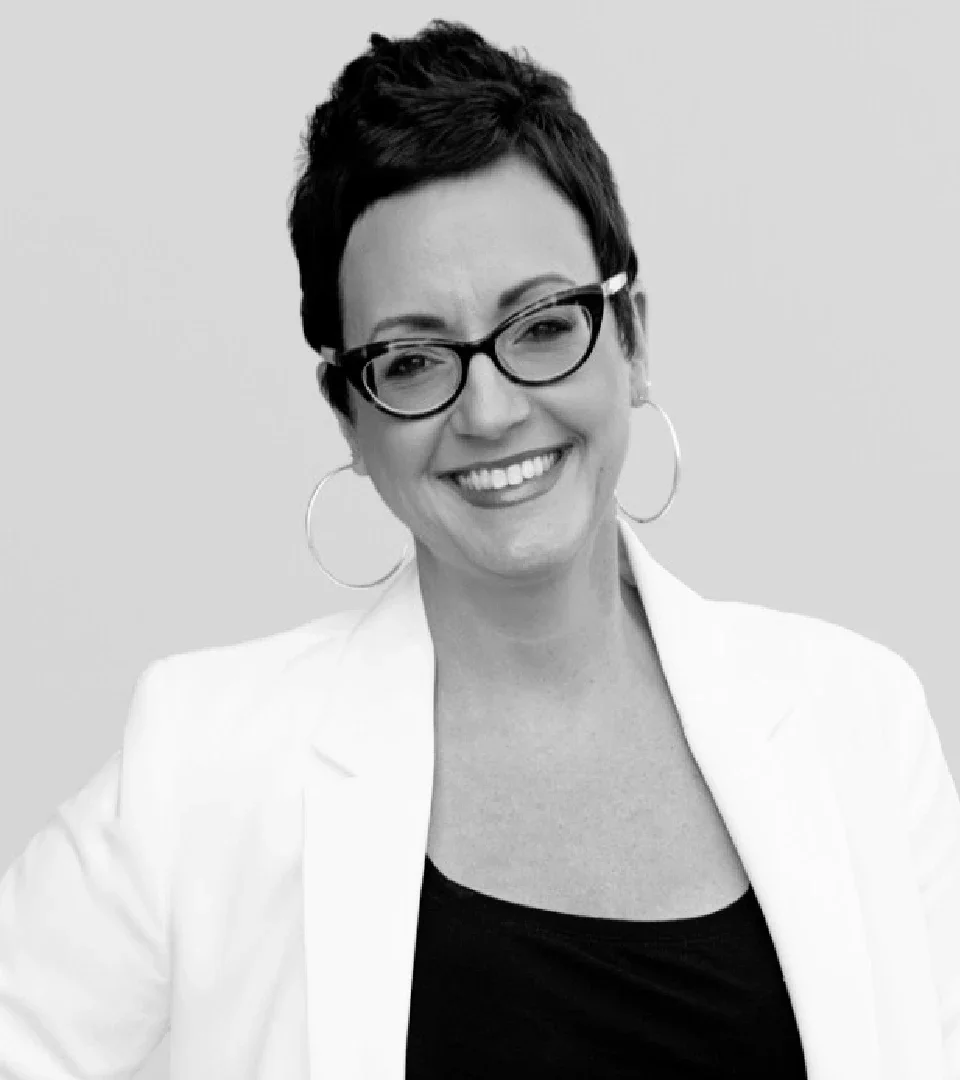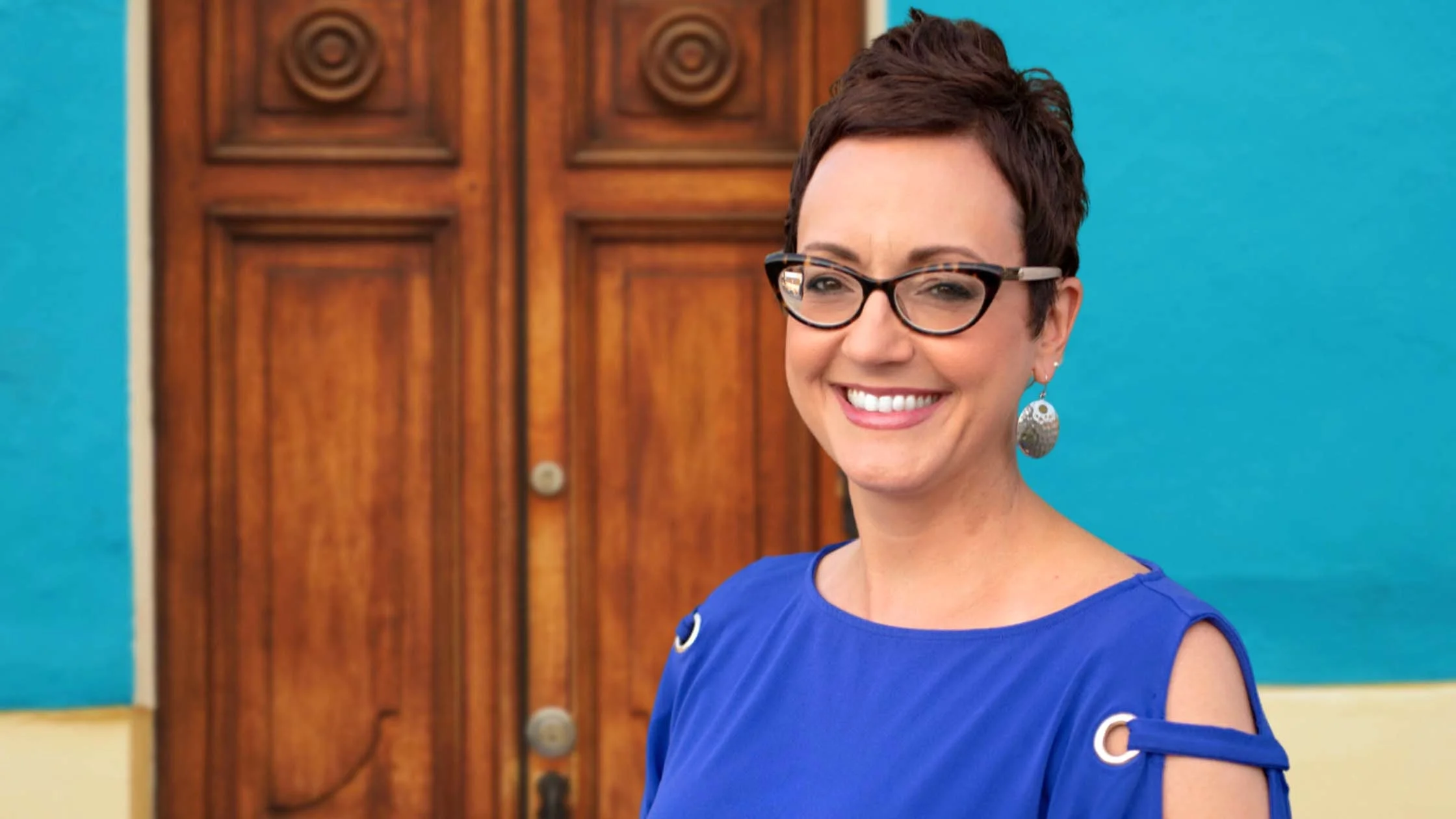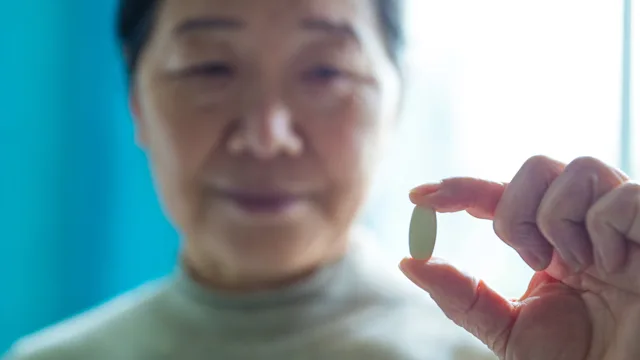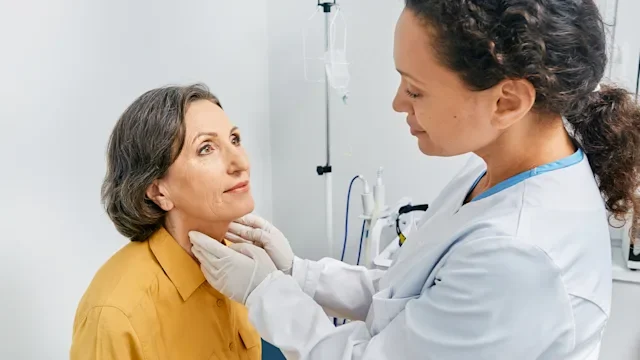Key takeaways:
Denise Roguz had a prolonged battle with difficult-to-diagnose symptoms that turned out to be the product of a thyroid condition.
Thyroid conditions can affect people in a range of ways, but for Denise, it was often debilitating.
Denise now helps others by spreading information and awareness about thyroid conditions.
Growing up in Detroit, Denise Roguz struggled with depression and fatigue. She was known at school for wearing gloves, warm sweaters and a coat in the classroom. “I was always freezing,” she says.
Only later did she learn that these could be symptoms of a thyroid condition.
Her mother’s family has a history of medical issues relating to the thyroid, a gland that impacts a wide range of bodily functions. But after she took a TSH (thyroid-stimulating hormone) test as a teenager, a doctor ruled out the thyroid as the cause of her symptoms.
Search and compare options
It would be years before she was diagnosed with a thyroid condition — a common disease that affects more than 12% of the U.S. population, with a higher prevalence among women, according to the American Thyroid Association.
Struggle for an accurate diagnosis
The thyroid gland, which is located in the neck, produces hormones that regulate your metabolism and energy levels, temperature, and heart rate.
When your thyroid malfunctions, it can be difficult to diagnose. The symptoms, which can be vague, include:
Fatigue
Weight gain
Cold intolerance
Muscle aches
Denise knows firsthand the challenges that come along with having a thyroid condition. It took years for her doctors to determine that she had Hashimoto’s disease, an autoimmune disorder that causes hypothyroidism, or an underactive thyroid.
Living with symptoms
In 2009, Denise, who was in her early thirties, was living in Corvallis, Oregon, after having earned a master’s degree in Michigan.


She was under a lot of stress at the time. Her father had recently passed away, and she was living far from her hometown support network. Then her symptoms began to spike.
Read more like this
Explore these related articles, suggested for readers like you.
“I noticed my peripheral vision was ‘off.’ And the fatigue suddenly became bone-crushing — like, hit-by-a-truck type of fatigue,” she says.
She saw an array of doctors, who tested her for a range of conditions.
“They couldn’t figure it out,” she says. “They checked only one thyroid test, the TSH test, and it ‘was always in normal range.’”
By 2012, she had moved to Memphis, Tennessee, and things had gotten worse.
“I couldn’t work. I couldn’t get off the couch. I couldn’t get out of bed. Brain fog was horrendous; I couldn’t think clearly. There was dizziness,” she says.
Disability benefits and marriage troubles
Her condition affected her entire life, Denise says, noting that she ended up on disability. It also put strain on her marriage, which eventually crumbled.
“I was so sick. I didn’t know anybody there. I couldn’t go out and meet people,” she says, describing her life in Memphis and not being able to travel back to Detroit. “I missed so many weddings and funerals.”
After 17 years of displaying symptoms and seeing countless doctors, Denise found a new doctor who ran a comprehensive panel for hypothyroidism, which revealed both hypothyroidism and Hashimoto's disease.
"The reason why so many of us are falling through the cracks with thyroid disease: Too many doctors are relying on the outcomes of just one test," the TSH lab test, which she says doesn't give the full thyroid picture.
Although it was a relief to know what was causing her symptoms, she still didn’t have a quick solution to relieve the anguish she was experiencing.
“This is not who I want to be. I’m an ambitious person. I want to work and be out there,” she recalls thinking. “There was a heavy burden on me to try to get better, but I couldn’t.”
Transformation and raising awareness about testing
Denise tried various thyroid medications. Eventually, she was also diagnosed with Lyme disease, a bacterial infection transmitted via tick bite, which complicated her treatment. In 2015, she moved back home to Detroit, where her doctors began working to balance her hormones, along with beginning other treatments.
“It took a lot of experimenting,” she says. But, finally, they found the right mix of therapies and treatments for her specific thyroid needs.
By 2018, she became “more functional”: able to go out, exercise lightly, and meet with friends. “Life is full of abundance now,” she says.
During her quest for a diagnosis, she spent hours lying in bed, looking up symptoms, studies, and treatments. That led her and another thyroid patient to start the information resource website thyroidchange.org.
While awareness about comprehensive testing and individualized treatment has improved in recent years, it still has a long way to go, Denise says.
“We realized that there were a lot of other people, like us, that were going in circles with a thyroid condition and not getting the help that they needed,” she says, citing the difficulties of pinning down symptoms like fatigue, weight gain, and cognition problems.
“A lot of people, they might think, ‘Oh, I’m just getting older’ or ‘I’m a little tired, and memory issues happen when getting older,’” she says. “But this could actually be a thyroid problem.”
Denise’s advice: Don’t give up and always get a second opinion
While some people easily manage symptoms caused by a thyroid disease, they can be debilitating for others.
“It manifests in different ways for different people. And the level of intensity varies from person to person,” Denise says.
Her own experience helped her learn a couple of key strategies, including asking for a full thyroid panel to be run before a diagnosis is made.
“My advice is to not give up. Don’t just take your doctor’s word for it. Always get a second opinion,” she says.
“My other piece of advice is: You know your own body. You know when something is wrong.”

Why trust our experts?





















